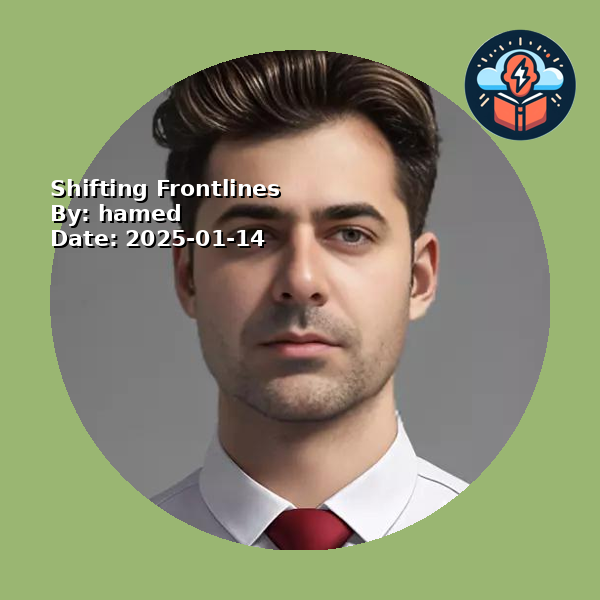Captain Elena Rojas stood on the edge of the crumbling seawall, her boots coated in salt spray. The Atlantic was rising faster than their projections, swallowing what used to be prime farmland. Behind her, the remains of Hampton Base stretched like a ghost town—abandoned barracks, rusting radar towers, and hastily packed-up equipment.
She flipped through the latest report from Central Command. It wasn’t about enemy missiles or covert operations. It was about freshwater shortages and migration patterns, about destabilized regions where floods and droughts had upended lives and governments alike. The language had changed over the years. “Combat zones” were now “climate corridors,” and “defense strategies” focused on food security and rebuilding infrastructure.
“You ready for this?” came a voice behind her.
It was Sergeant Webb, her second-in-command. He pointed toward a cluster of civilians arriving on foot—a mix of families, young men, and elders carrying their lives in bags. Refugees. Or, as the new briefings called them, *climate evacuees.*
“I don’t think anyone’s ready for this,” Elena said.
Her team’s mission wasn’t to fight, not anymore. It was to secure the perimeter, set up shelters, and coordinate with relief agencies. Military deployments had shifted focus—from traditional warfare to crisis management. Climate change was no longer just a background issue; it was the battlefield itself.
Webb handed her a bottle of water. “Hard to believe we trained for this,” he said.
“We didn’t,” Elena replied. “Not really.”
She thought back to her early days in the academy, when their exercises had revolved around espionage and counterterrorism. The idea that they’d be distributing rations to climate refugees, negotiating ceasefires over water rights, or relocating entire towns was never part of the curriculum.
The sun dipped lower, casting long shadows over the camp they had built the day before. Elena watched as the evacuees trudged in, their faces weary but resolute. This wasn’t just about survival—it was about adaptation.
“Captain,” Webb said, his voice softer now. “You think we’ll ever go back to the old fight?”
Elena shook her head. “The frontlines have moved. And so have we.”
She straightened her posture, the weight of her uniform heavier than ever. This wasn’t the war she had signed up for, but it was the one that mattered most now.
